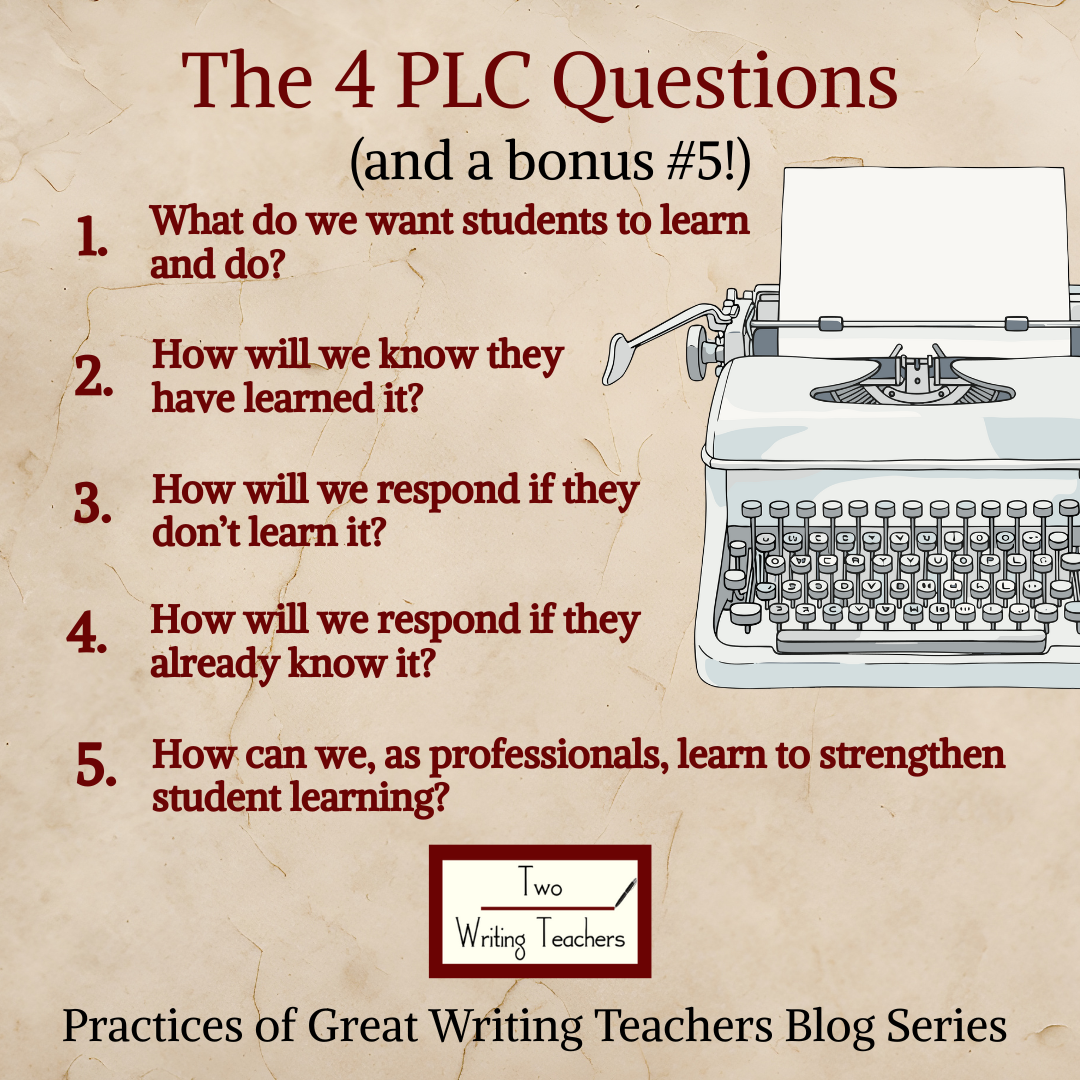
My friends Linda, Amanda and I were discussing how to balance all we teach in our classes in this 21st century. We have students who tell us that it's really not important to learn mechanics such as the rules for apostrophes because that is not truly relevant and useful knowledge in this new age of technology and 21st century skills. Sure, students can demonstrate they know the rules for showing possession when you worksheet or quiz them, but too often, the application is not there in real, authentic writing. Students don't transfer the skills, so we teachers keep teaching and emphasizing it. I think many teachers are questioning what to keep and what to throw out as we adjust to the huge paradigm shift in education.
We constantly juggle the many competing factors in our quest to find the "porridge that is just right." Relevancy, standardized tests, cultural value, immediacy, practical application and many other factors compete for priority. Do you throw out all the classics? Only teach the contemporary young adult literature that students seem to enjoy? Do you give students 100% choice and never "assign" a book since that seems to be the quickest way, according to many students and adults, to steal the joy out of reading? Do you only teach formulaic writing because that is what is tested on the state writing test? Do you incorporate technology for technology's sake because it's all about technology these days? Do you continue to take off 5 points each time a student misuses an apostrophe because you've taught it over and over and still the student has not made correct usage a habit of excellence?
Do you teach lists of vocabulary words (even going so far as to choose the words from their literature so that they are in "context") even though students only use them for a short while but never transfer them to their writing? Do you sacrifice great works of literature such as Siddhartha, moving away from fiction and putting more emphasis on informational texts since that is where the students seem to struggle? After all, many experts today discourage doing a lot of traditional "literature" and instead think it's more important to study informational texts. Do you teach spelling at the high school level? Is it too late once students get to high school for them to master the basics of spelling and grammar? Do you teach grammar in isolation a little so that students can learn the basics they never learned before?
Is it reasonable to challenge students to learn something for learning's sake or is the new buzzword "relevant?" Must everything be "relevant" and if so, what does this mean? Who gets to define what is "relevant?" I've been pondering all of these questions and the only thing I know for sure is that I think we get to the answer through trial and error. Try different types of porridge. Some will be too hot, others too cold, but I look for the time when I sample the porridge that is "just right."





1 comment:
You got it Val!! I guess one of the most important parts of this constant battle of questioning we find ourselves in at times is that we are reflecting, considering, and gathering. We are not stagnant; we are not gulping down that of which is too cold or too hot. How else does one find that of which is "just right"?
Post a Comment